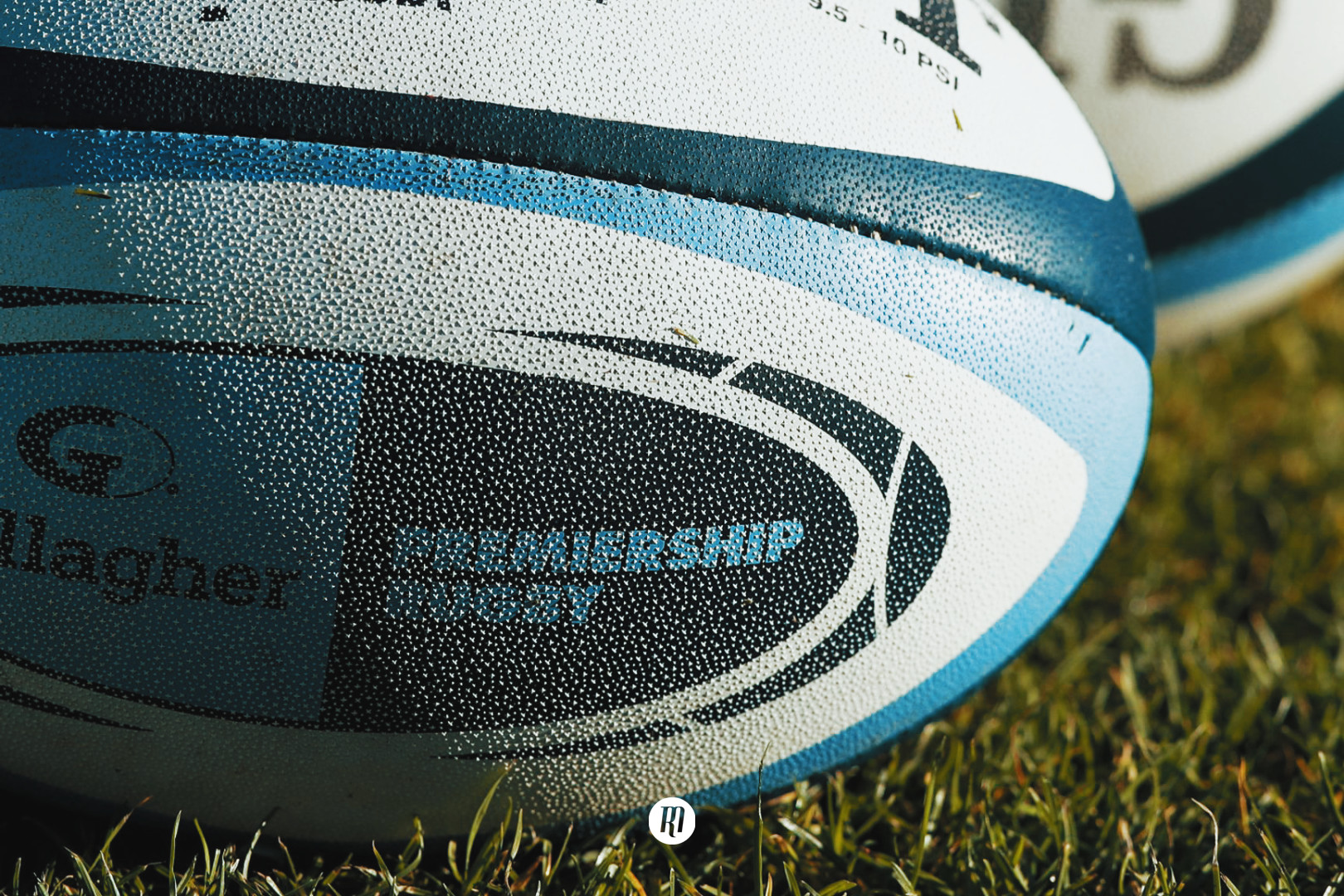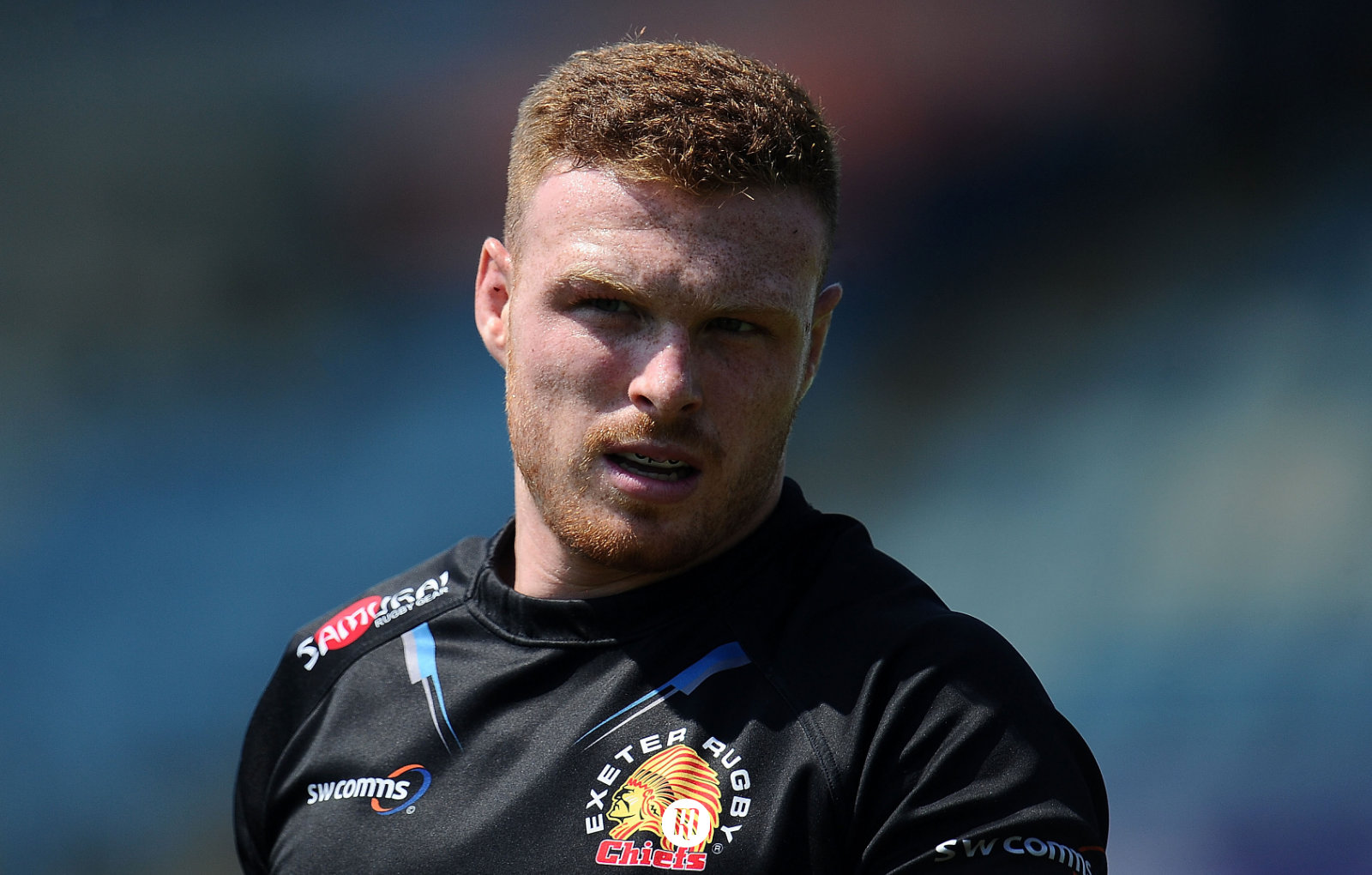When The Romans Ruled
During the fledgling years of the English Premier Championship, one club stood head and shoulders above their rivals. Four championships in a row, and six wins in nine seasons saw Bath assert their dominance over English club rugby.
History is a canvas awash with the colours of empire, whose immortality seemed as sure as their might, and whose wonder would fill with awe. The first great English hegemony was a painting of blue, black and white; when the Romans ruled.
During a span of dominance that lasted 15 years, Bath were considered the foremost club in the world, and perhaps the greatest club team of all time. Of a possible 22 domestic league and cup trophies over the period, 16 returned to The Rec. While other clubs have completed notable periods of dominance, none can claim to have had as great an impact on English rugby.
The transformation at Bath Rugby began in the 1970s, and while the decade didn’t provide anywhere near the success of the next, it was the change at the club during this period that set them on their glorious, conquering path. However, but for the correction of a mistake, their destiny may never have come to pass.
In 1976, Jack Rowell had coached his Gosforth side to victory in the John Player Cup, before moving to the south-west to take up a job as finance director at Lucas Food Ingredients. He wrote to the secretary at Bath and asked if he could help with the coaching, but was rebuffed; they had enough coaches.
He was then approached by both Clifton and Bristol; how different the fates of those bitterest of rivals, Bath and Bristol could have been? Having chosen to work with Clifton, and helping them to a record equalling season, his pedigree had clearly not gone unnoticed back at Bath. In 1978, then secretary Jack Simpkins corrected the earlier mistake, and Jack Rowell was invited to become part of the club, the consequences of which would reverberate throughout history. Destiny had corrected itself.
By the early eighties, the ‘Bath family’ was still in its infancy, but the coaching philosophy that Rowell had brought to the club was slowly being ingrained, both on and off the field. When 1984 came around, the club was hungry for success, and after wins over Headingly, Blackheath, Wasps and Nottingham, they were through to their first final in the John Player Cup. Their opponent would be their age old foe, Bristol.
The match was a tight affair, and an injury time penalty for an early tackle against Barry Trevaskis on Alan Morley gave Bristol the chance to clinch the game. Bath were ahead at the time 10-9, and from 30 yards out, with the stadium holding their breath, a future Bath legend lined up; Stuart Barnes had the chance to steal the trophy away.
Again, destiny seemed to pull towards Bath, the ball sailing wide of the goal, bringing the club their first major silverware.
It was clear that something was afoot in the old Roman city; The Rec had become the Colosseum, where teams would come to be slaughtered, and the city was embracing their gladiators. It was well placed, with the success of 1984 being repeated a further 3 consecutive times, and the club’s philosophy of creative, expansive, attacking rugby shining through; 1985 would be the first of five consecutive seasons where the club would score over 1000 points.
1985 would also see the recruitment of 22 year old Stuart Barnes from Bristol, as well as other young talent coming through, with the likes of David Sole, David Egerton and Tony Swift joining a club whose international contingent was continuing to grow.
The 1987/88 season brought about more changes for the game of rugby in England: merit tables had been replaced by a league system incorporating promotion and relegation. Clubs were left to organise their own fixtures against each other, which led some teams to play fewer games than others, but ultimately, England’s premier rugby competition was born.
Having won their fourth consecutive John Player Cup in 1987, a domestic cup record that still stands, and topped the merit tables, Bath went into the inaugural league competition with optimism. It was however, to be the first season since 1983 that they had lost in the John Player Cup, ending a winning streak of 22 matches with a loss to Moseley 4-3. Injuries and international call ups would take their toll on the club, and they would finish fourth in the Courage National League - a rare trophy-less season.
Heading into the 1988/89 season, the club toured the far-east in preparation of winning back their crowns, and despite vice-captain Gareth Chilcott being voted by the players to captain the team, he stood aside for Stuart Barnes.
By this time, the club was a well oiled machine, the Bath family working hard for each other on and off the field, and the club would taste double success, winning both the Courage Championship, and the newly named Pilkington Cup.
As Bath edged closer to the 90s, a new generation of players was coming through; Victor Ubogu, John Callard, Phil De Glanville and Jeremy Guscott, players amongst others who would become legends at the club.
1989/90 continued the clubs success in the domestic cup, delivering Bath’s sixth victory in the competition, however three defeats would see the club finish third in the league.
As the team moved into 1990/91, with Stuart Barnes in his third season as captain, the club had to contend with the resignations of both Tom Hudson - who became disillusioned after the playing side of the club had organised a game against the touring Romanian national team on the opening day of the season, when they were meant to be playing away to Pontypool - and Dave Robson, who had both become part of a triumvirate with Jack Rowell. This was not to slow the clubs advance however, and 1991 delivered their second league title.
The 1993/94 season would see the introduction of home and away fixtures for clubs, who up until now had only been playing each other once, and with 10 teams in the league, Bath only lost one game to complete their fourth consecutive league title. Despite winning the Pilkington Cup for the eighth time too, the elation of the season had a melancholic air; Richard Hill had played his last game for the club, and Jack Rowell was leaving to take up the England job.
Bath’s dominance stands astride a time when the game of rugby was accelerating towards professionalism; merit tables turned into national leagues that while unorganised to begin with, found structure. Their success seems all the more impressive when you consider, as amateur players, they all had to go to work the following day after training - but it was precisely this reason that helped them evolve into such a successful club.
The driving force behind the success of the club is clear: the ethos delivered from the top down, starting with Jack Rowell. This was not a club who relied on luck, but on loyalty and respect to deliver results. They pushed themselves to be at the forefront of change in rugby.
When changes were made in 1992 to the laws surrounding rucks and mauls, most clubs and coaches threw their arms up in consternation; not at Bath however. Rowell and his coaching team took pains to identify how and where they could improve their game, and Bath’s distribution and running playing style flourished as a result.
However, this only touches upon the tip of the iceberg. At a time when rugby was still amateur, Bath’s approach was anything but. They were in effect, a pre-professional club, whose coaching staff focussed on improving the fitness and skill level of the players as well as their diets. Each move was calculated to shift the balance of match time variables in Bath’s favour.
However, all the science in the world doesn’t make a great team, and this is where Jack Rowell brought the edge to Bath; his understanding of human nature and his ability to motivate players stands him above other coaches. He tailored his approach to each player as required; pushing, grounding and counselling where necessary. He was dictatorial, without being a tyrant. Having been the creator of so many international careers, it seemed only fitting that he should join the England setup after 18 years at Bath.
This change would also coincide with the game of rugby going professional, which brought a period of calamity and chaos. Bath, the aristocrats of English rugby, whose professionalism in the amateur age had been other’s envy, found themselves sinking.
Despite becoming the first English champions of the Heineken Cup, Bath could not sustain their dominance. Once the new millennium was underway, Bath flirted with relegation, and narrowly avoided the drop in 2003 at the expense of their bitter rivals Bristol, and while 2004 saw the club completely turn themselves around and finish first in the league, this was a highlight for what had now become a middle of the road club.
Fast forward to 2015 though, and the club reached the playoff final, losing out to Saracens, playing some beautiful, creative and free flowing rugby. With an exciting young squad, there is a growing belief in Aquae Sulis, that this mighty empire of old can rise up and reclaim its mantle of perennial champions of England.

Filed under:
Gallagher Premiership, Historical Series, Bath Rugby
Written by: Edward Kerr
Follow: @edwardrkerr · @therugbymag






